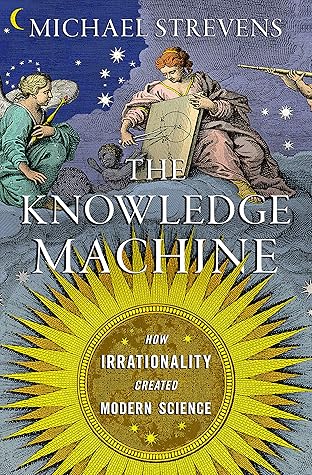To Aristotle, the iron rule’s proscription of philosophical and theological argument would have seemed arbitrary and indefensible. To a seventeenth-century mind, by contrast, the rule was asking no more of its adherents than the contemporary political and religious settlement: that a dedicated intellectual space be reserved for its exercise, inside which only a strictly constrained set of principles would be allowed to govern the course of reasoning. Partition—civil and spiritual—was the order of the day.
Welcome back. Just a moment while we sign you in to your Goodreads account.


